10 GPTs for Mythological Study Powered by AI for Free of 2025
AI GPTs (Generative Pre-trained Transformers) for Mythological Study are advanced artificial intelligence tools designed to assist in the exploration and analysis of mythologies from around the world. By leveraging the power of machine learning and natural language processing, these tools can understand, interpret, and generate content related to various mythologies, making them invaluable for researchers, educators, and enthusiasts. They enable users to dive deep into mythological texts, uncover hidden meanings, and draw connections between different myths, facilitating a comprehensive understanding of the subject matter.
Top 10 GPTs for Mythological Study are: 古事記 Kojiki, Ancient Japanese History and Myth,Pharaoh's Chronicler,Alexis Sophia先生と学ぶ『ギリシャ神話×自己成長』,Ink painting Yokai maker(水墨画妖怪メーカー),🏺 Mythos Quizmaster Extraordinaire 🏛️,Ancient Greece Scholar,Exorcism,Historical Japan Lexicon,Dream Interpreter,Dream Weaver
古事記 Kojiki, Ancient Japanese History and Myth
Unveiling Japan's Mythical Past with AI

Pharaoh's Chronicler
Unraveling History with AI-Powered Egyptian Chronicles
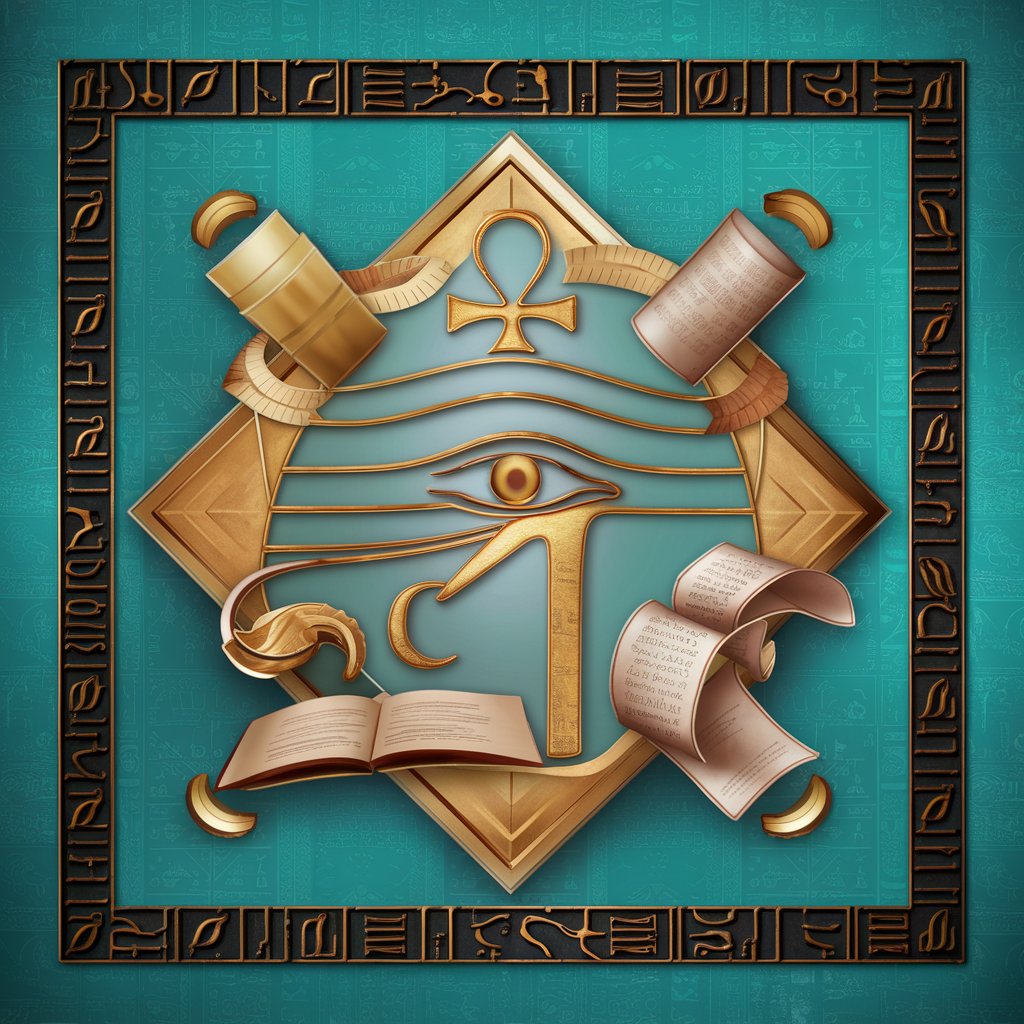
Alexis Sophia先生と学ぶ『ギリシャ神話×自己成長』
Explore Myths, Uncover Growth
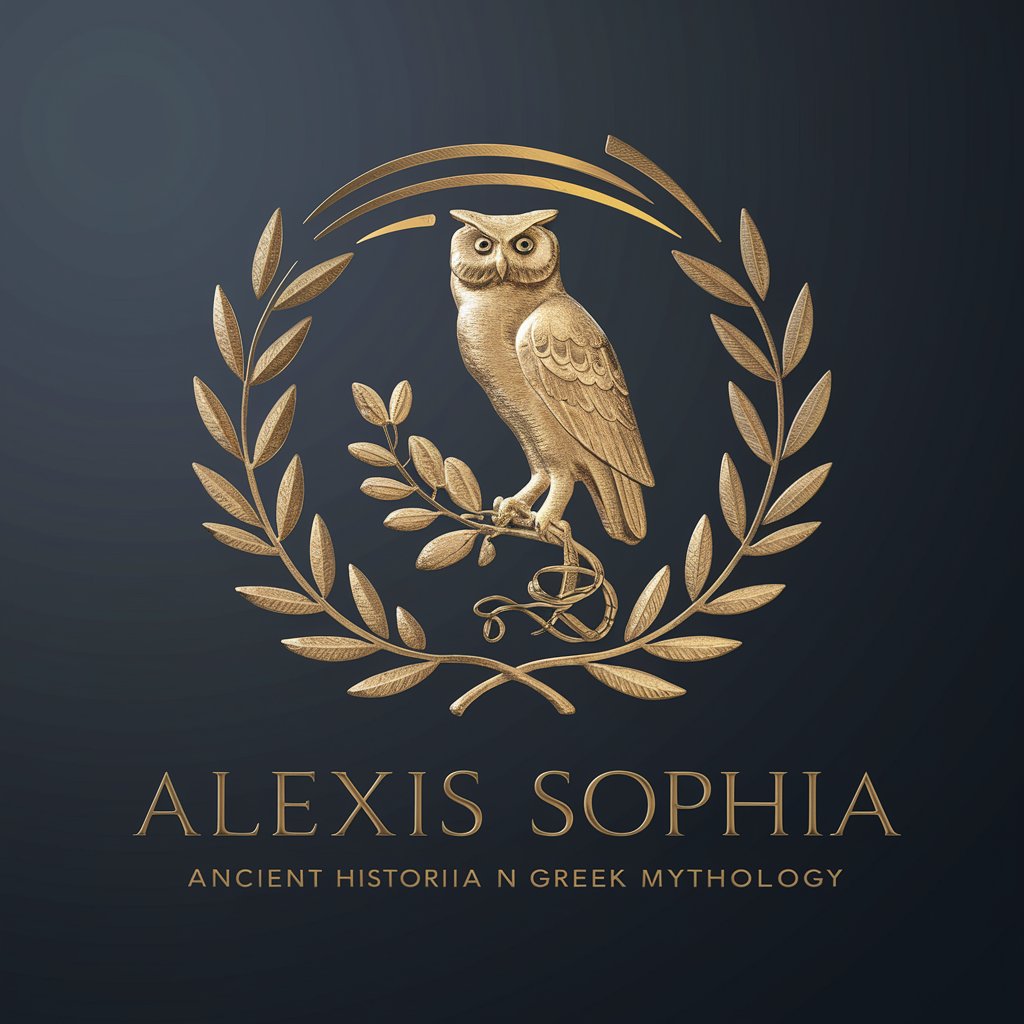
Ink painting Yokai maker(水墨画妖怪メーカー)
Transforming myths into Sumi-e masterpieces.

🏺 Mythos Quizmaster Extraordinaire 🏛️
Embark on a mythological quest, powered by AI
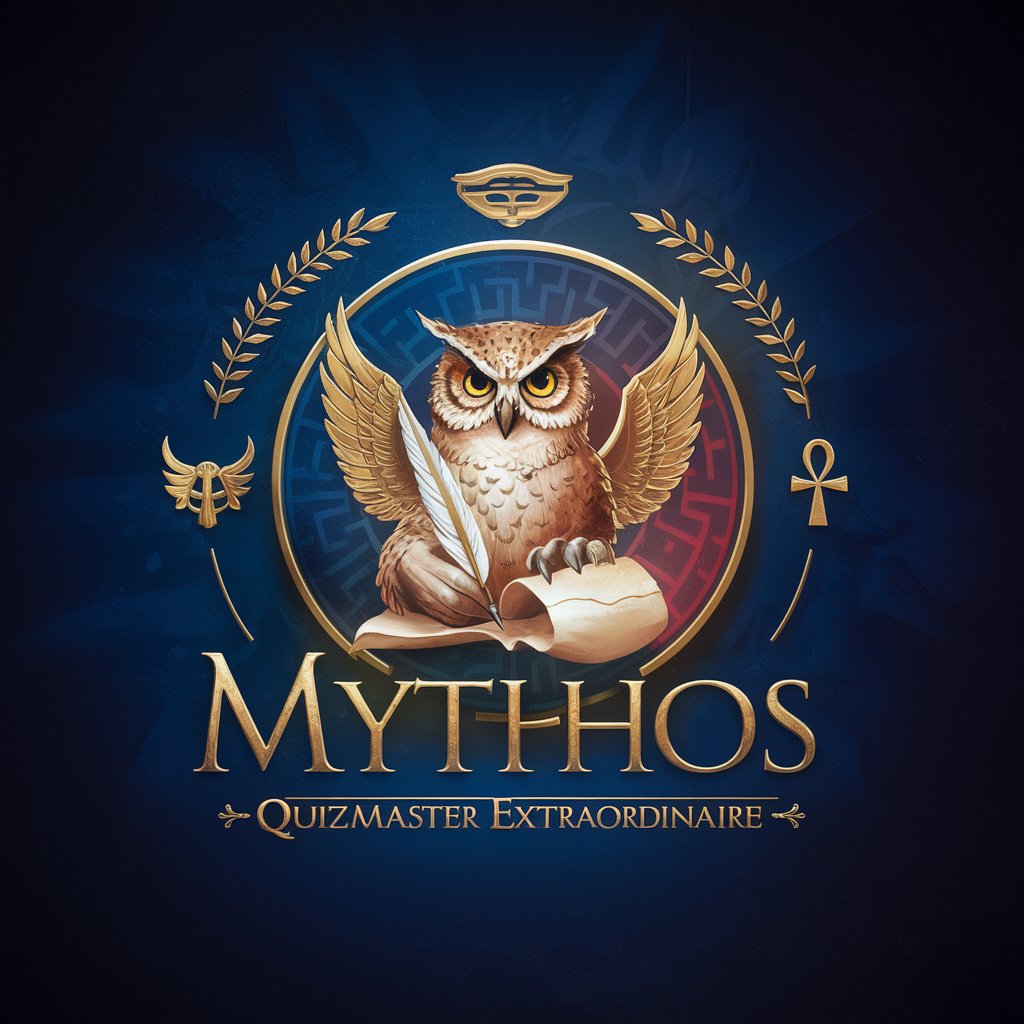
Ancient Greece Scholar
Explore Ancient Greece with AI
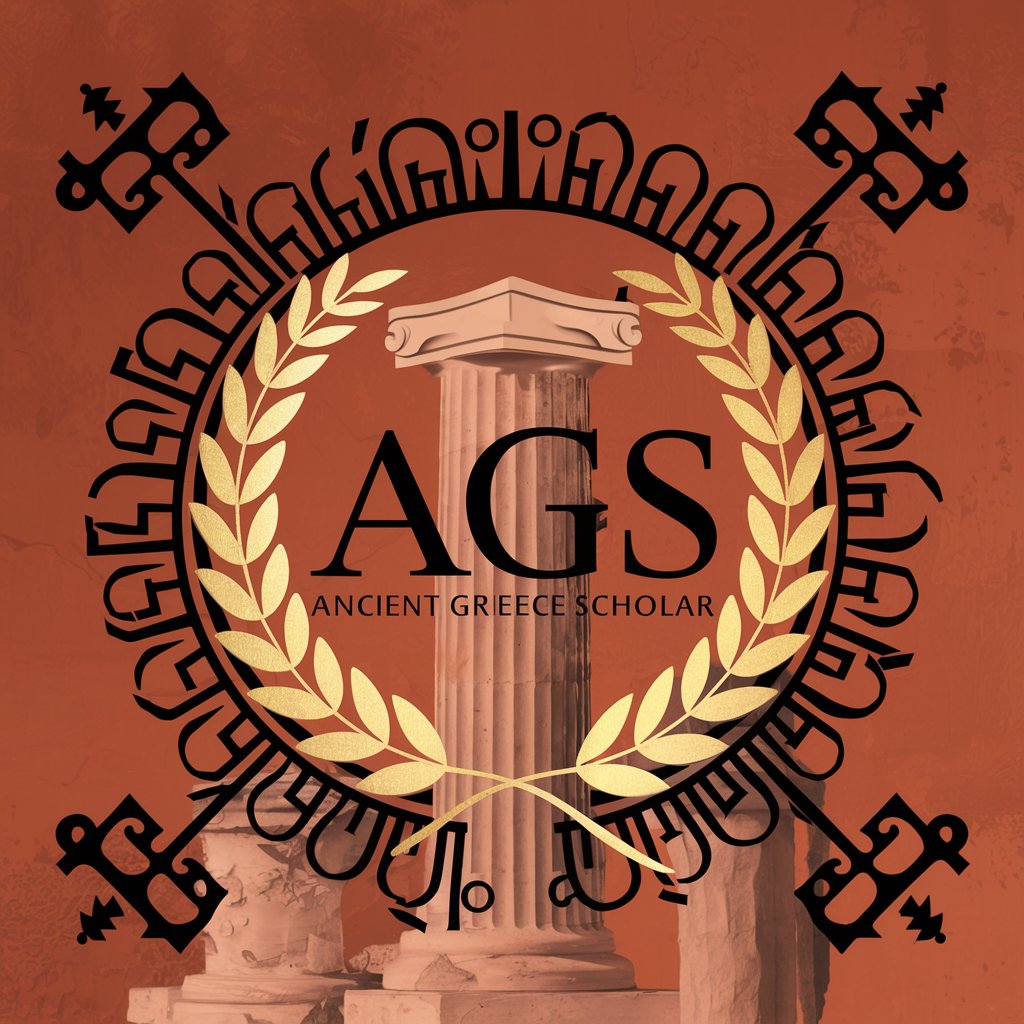
Exorcism
Unveiling ancient wisdom with AI
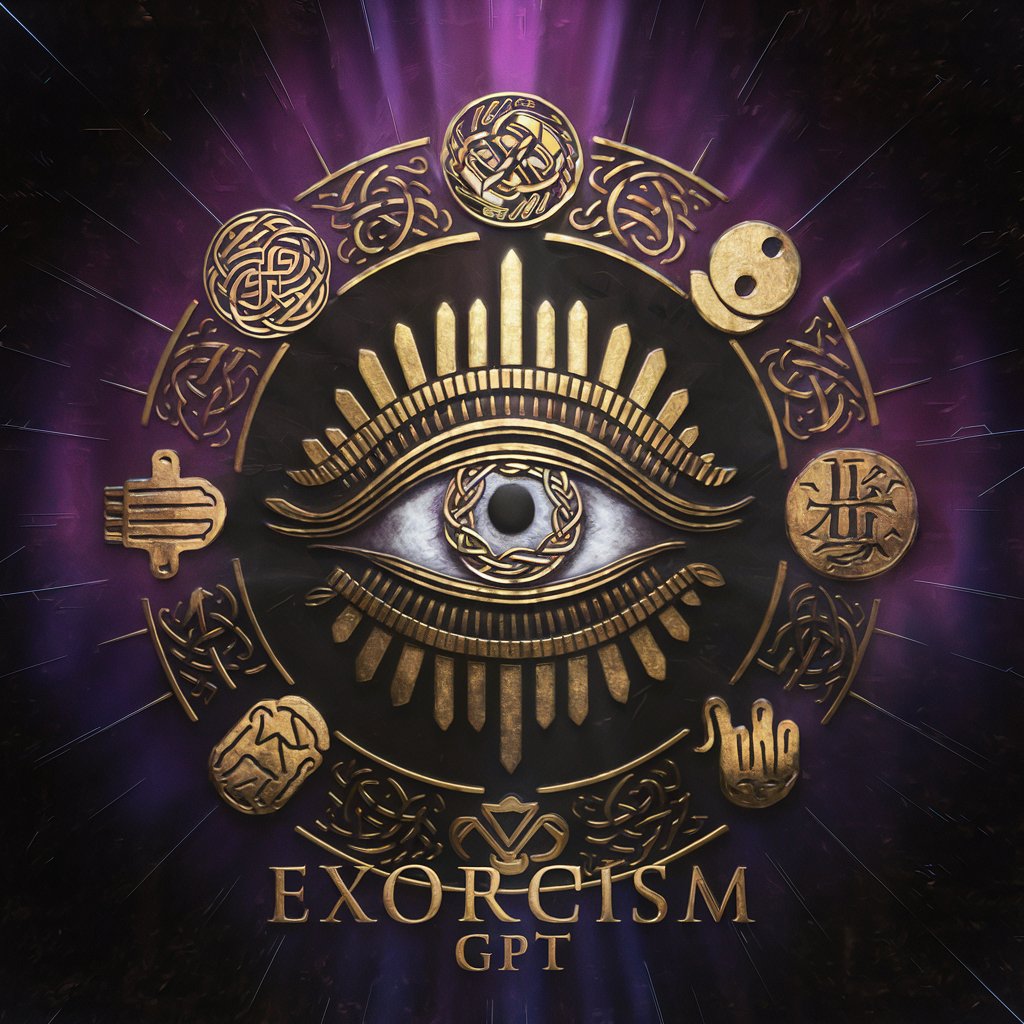
Historical Japan Lexicon
Unveiling Japan's Past with AI Insight

Dream Interpreter
Explore Dreams with AI
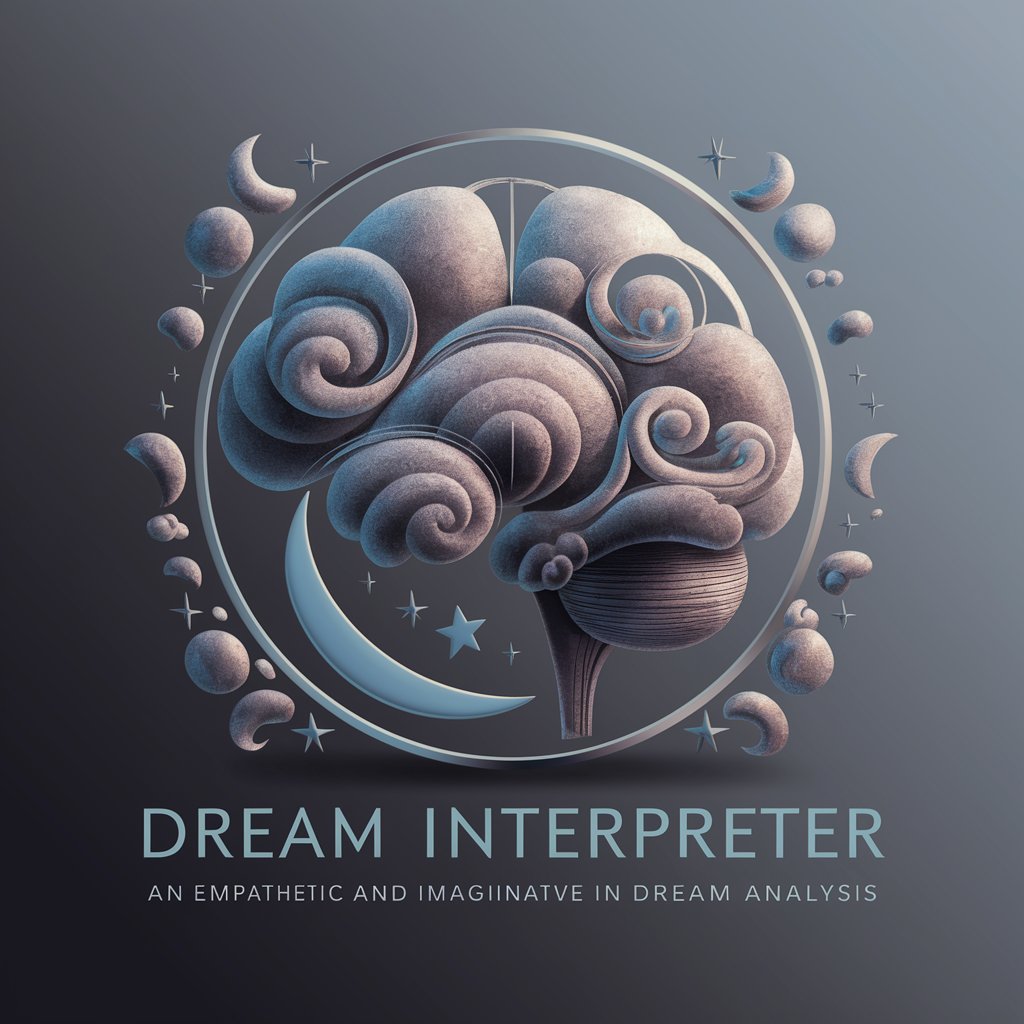
Dream Weaver
Unveiling Dreams with AI Power

Key Attributes of Mythological Study AI Tools
AI GPTs for Mythological Study boast several unique features, including the ability to process and analyze vast amounts of mythological data, recognize patterns and themes within myths, and generate insightful narratives or summaries. These tools are adaptable, supporting tasks ranging from simple queries about mythological figures to complex analyses of mythological symbols across cultures. Special features may include language translation to access myths in their original languages, technical support for integrating AI insights into academic research, and image creation capabilities for visualizing mythological themes.
Who Benefits from Mythological Study AI?
The primary beneficiaries of AI GPTs for Mythological Study include students and scholars of mythology, writers seeking inspiration from ancient myths, and developers creating educational or entertainment content focused on mythological themes. These tools are accessible to individuals without programming skills, thanks to user-friendly interfaces, while also offering advanced customization options for those with technical expertise, allowing for a wide range of applications in educational, research, and creative projects.
Try Our other AI GPTs tools for Free
Technology Policy
Explore AI GPT tools for Technology Policy: tailor-made solutions for drafting, analyzing, and informing policy-making with data-driven insights.
Sarcasm Delivery
Discover AI GPTs tailored for Sarcasm Delivery, leveraging advanced AI to infuse humor and wit into communications. Perfect for developers, professionals, and anyone looking to add a touch of sarcasm to their interactions.
File Organization
Discover how AI GPTs revolutionize file organization, offering smart, adaptable solutions to manage and categorize digital files efficiently.
Healthy Aging
Discover how AI GPTs for Healthy Aging can revolutionize wellness and longevity, offering personalized, AI-driven support tailored to the unique needs of the aging population.
Deductions Identification
Explore AI GPTs for Deductions Identification: Your gateway to smarter, faster, and more accurate analytical insights. Tailored for ease and precision.
Business Taxes
Explore AI GPTs for Business Taxes, innovative tools transforming tax preparation with personalized advice, data analysis, and up-to-date tax law comprehension.
Expanding Horizons with AI in Mythology
AI GPTs for Mythological Study not only facilitate a deeper understanding of myths but also encourage interdisciplinary approaches, combining data analysis, linguistic study, and creative exploration. They offer a bridge between ancient wisdom and modern technology, enriching both academic and personal journeys into mythology. Their integration into existing systems can streamline research processes, enhance educational curricula, and inspire innovative storytelling.
Frequently Asked Questions
What exactly are AI GPTs for Mythological Study?
They are AI tools designed to assist with the exploration and analysis of myths, leveraging natural language processing to understand and generate content related to mythologies.
How can these AI tools enhance mythological research?
They can process large volumes of texts, identify themes and patterns, translate languages, and generate narratives, making research more efficient and comprehensive.
Are these tools accessible to those without a technical background?
Yes, they are designed with user-friendly interfaces that require no programming knowledge, making them accessible to a broad audience.
Can AI GPTs create content based on mythological themes?
Yes, they can generate articles, stories, and summaries related to mythological subjects, offering new insights and interpretations.
Is there language support for non-English mythologies?
Many AI GPTs for Mythological Study offer multi-language support, allowing users to explore myths in their original languages.
How do these tools help in educational settings?
They can be used to create engaging learning materials, provide instant answers to mythological queries, and support research projects.
Can I integrate AI insights into my own research or projects?
Yes, many AI tools offer technical support for integrating their capabilities into various platforms or workflows, enhancing research and creative projects.
Are there any limitations to using AI GPTs for mythological study?
While highly versatile, these tools may sometimes lack the nuance and context that human experts provide, and should be used as a complement to traditional research methods.